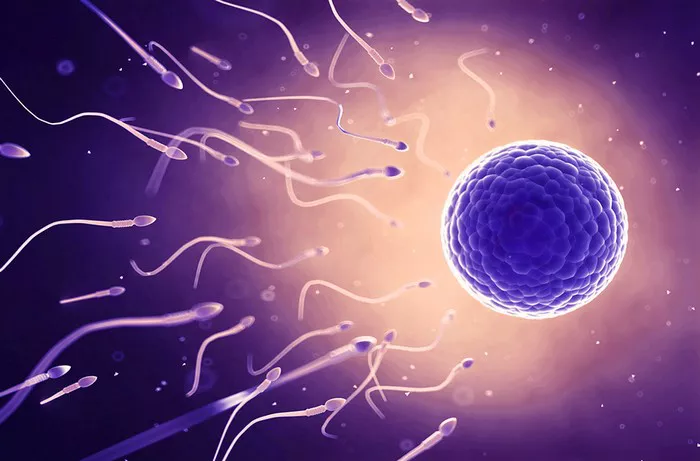Sperm count is an important indicator of male fertility, however, many factors may lead to a decrease in sperm count. This article will explore in detail the factors that can affect sperm count and provide some advice to help men protect their fertility.
Environmental Pollution
Air Pollution
Harmful substances in the air, such as heavy metals and pesticide residues, may enter the body through the respiratory tract and affect sperm count.
Water Pollution
Contaminants in water, such as lead, mercury, and other heavy metals, may also enter the body through drinking water and affect sperm count.
Soil Pollution
Harmful substances in the soil, such as pesticide residues and heavy metals, may enter the body through the food chain and affect sperm count.
Lifestyle
Dietary Habits
Dietary habits have a significant impact on sperm count. Excessive intake of high-sugar, high-fat foods, as well as insufficient protein, minerals, and vitamins, may lead to a decrease in sperm count.
Exercise Habits
Regular exercise can help improve blood circulation, enhance physical fitness, and promote the generation and maturation of sperm. Conversely, lack of exercise may lead to a decrease in sperm count.
Sleep Habits
Adequate sleep contributes to the body’s recovery and the generation of sperm. Insufficient sleep or poor sleep quality may lead to a decrease in sperm count.
Occupational Factors
Certain occupations may affect sperm count due to the working environment or nature of the work. For example, workers exposed to toxic substances or those engaged in prolonged standing or sitting may experience a decrease in sperm count.
Conclusion
In conclusion, sperm count is influenced by various factors, including environmental pollution, lifestyle, and occupational factors. To maintain good fertility, it’s important to avoid these potential risk factors and maintain healthy habits and a healthy lifestyle. If there is a decrease in sperm count, timely medical attention should be sought and professional medical help should be sought.























